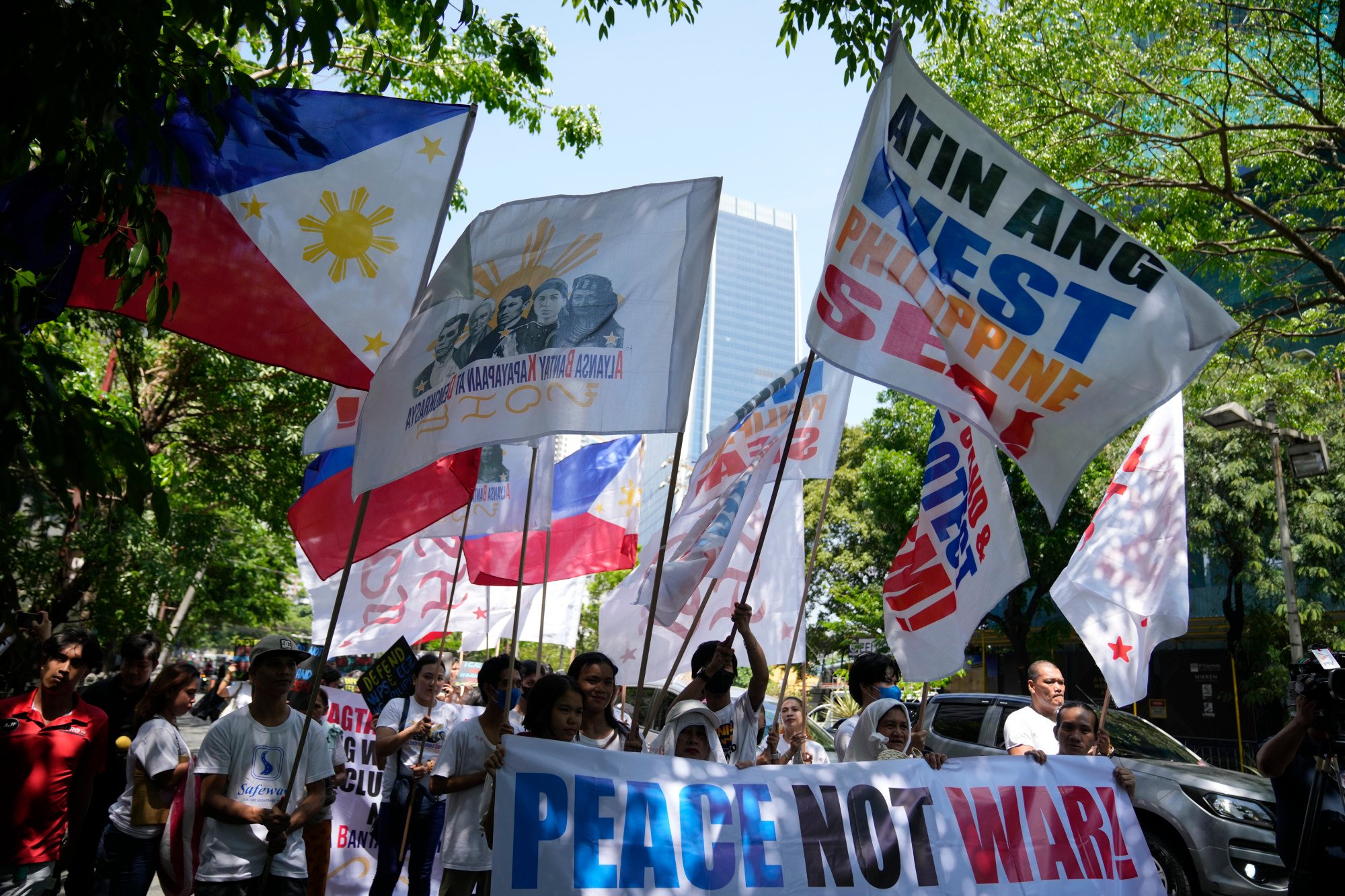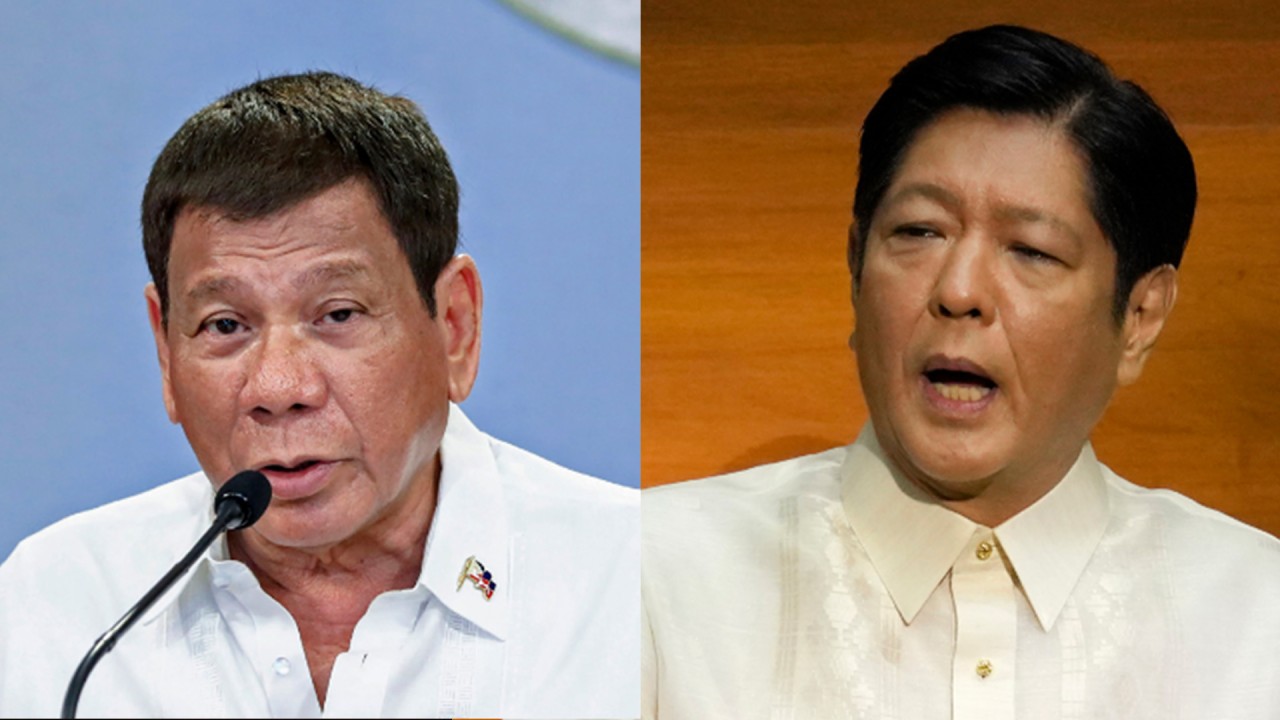The deployment signals the US’ ability to position offensive weaponry near China for potential contingency operations in the Taiwan Strait, posing a destabilising threat. Activists in the Philippines have expressed concern that such deployments expose the northern part of the country to potential Chinese attacks in the event of a conflict between the US and China in the region.

However, if the Ferdinand Marcos Jnr administration refuses, Beijing should recognise that the leadership favours alignment with Washington. Moreover, domestic public opinion in the Philippines strongly supports asserting territorial rights. According to a 2023 survey of 1,200 Filipinos by Octa Research, 70 per cent of respondents said territorial sovereignty should be asserted through diplomacy and other peaceful means, while 65 per cent also favoured military action.
A former Supreme Court associate justice and legal scholars have also said they oppose the amendment, fearing that Beijing could assert co-ownership over Manila’s oil and gas fields in the West Philippine Sea and deploy its coastguard ships under the pretext of security. Some have said they might agree only if Beijing functioned as a foreign service contractor.
Against this backdrop, China’s military assertiveness against Philippine resupply naval missions only serves to harden negative public opinion in the country. Thus, Beijing finds itself operating in an environment where it has few partners and many adversaries, playing into America’s hands. Washington maintains treaty allies and strategic partners in the region and their interoperability is only growing stronger.
Instead, China should leverage its strength by investing in Philippine infrastructure, helping to address the country’s economic challenges.

According to Pulse Asia surveys, Marcos Jnr has experienced a consistent decline in public trust and approval ratings due to his perceived inability to address inflation and economic hardships. His approval rating dropped from 68 per cent in December 2023 to 55 per cent in March. Public trust in him fell from 73 per cent in December to 57 per cent in March. Judging by these poll numbers, Marcos should seek help to meet his country’s economic challenges.
Instead, China should utilise economic diplomacy to engage the Marcos administration. This presents an opportunity for Beijing to leverage its financial strength, experience and cost-efficiencies to outcompete the likes of the US and Japan.
Marcos would undoubtedly welcome China’s help in tackling his country’s economic problems, which could bolster his efforts to restore his family’s legacy and establish his own before his term ends in 2028. Thus, economic diplomacy would seem to be a more effective way to address Manila’s security concerns, improve Beijing’s image in the Philippines and contribute to overall peace in the South China Sea.
Zahira Khan is a research analyst based in Pakistan


